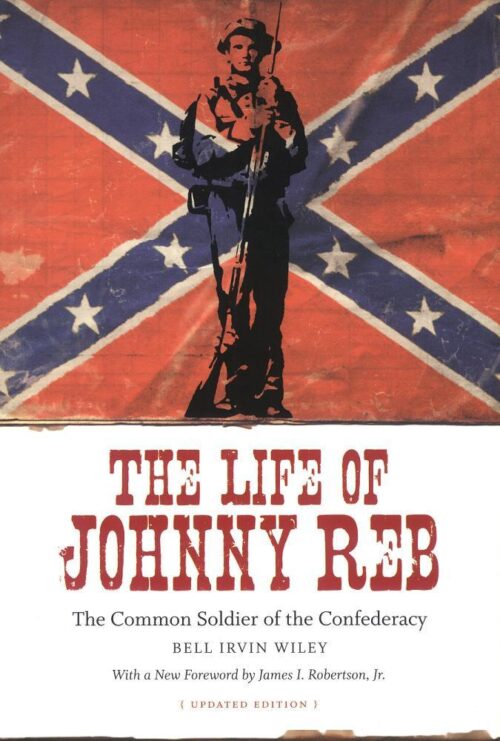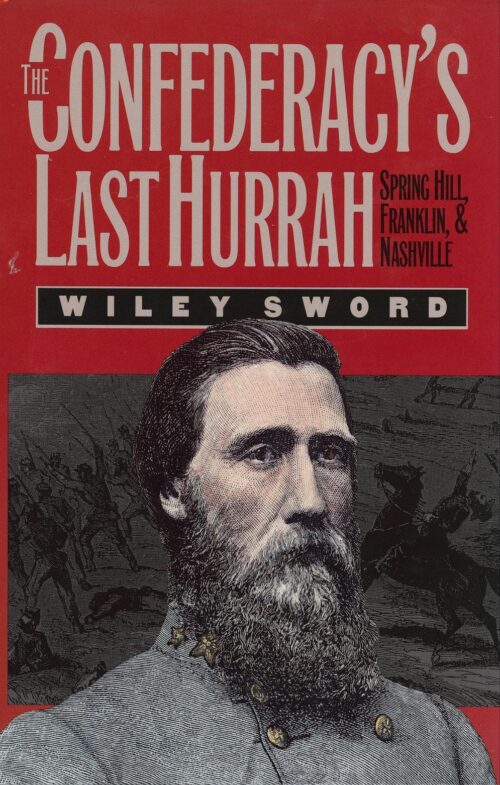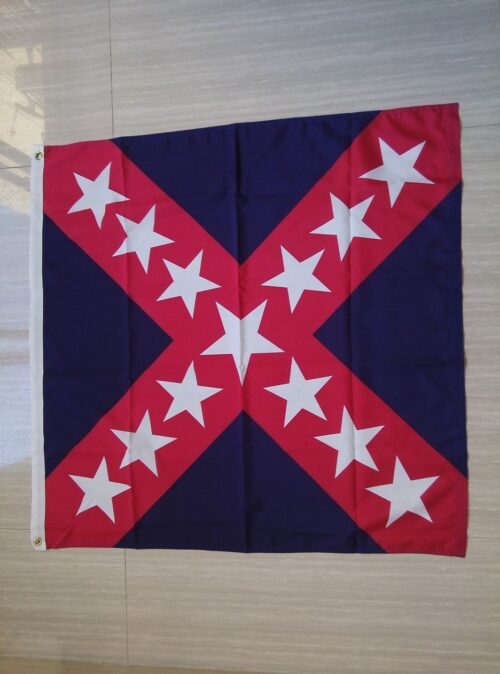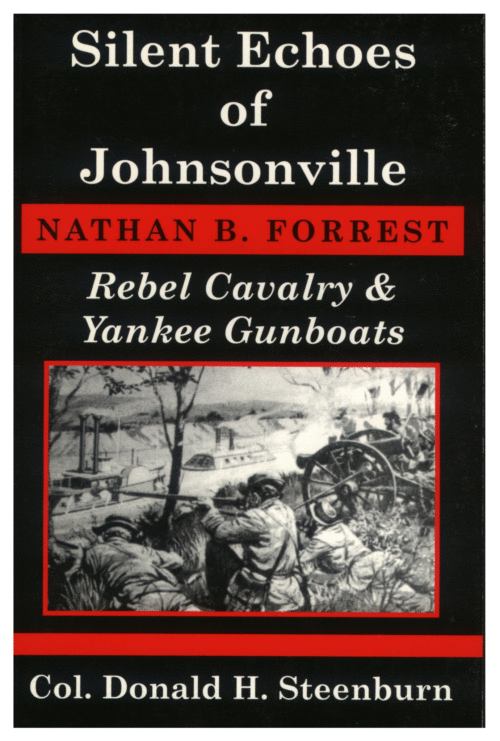-
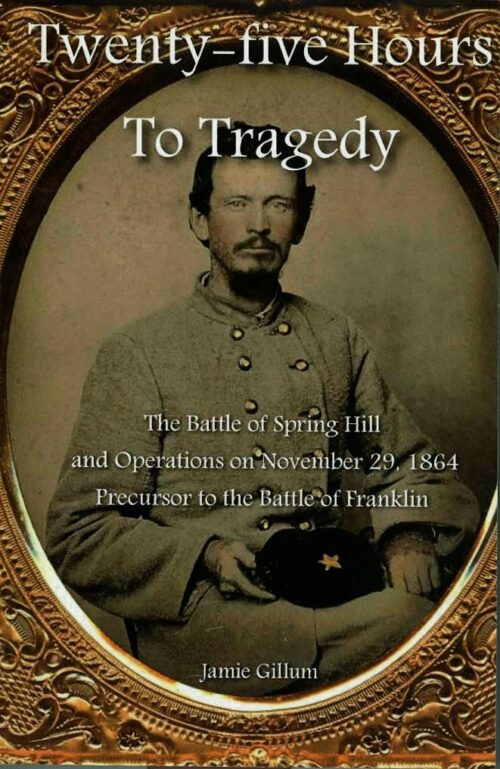 Only twenty-five hours after the Confederate Army’s arrival on the battlefield of Spring Hill, TN the decision to assault the heavily defended fortifications at Franklin was made. It was a decision that would not have to be made had the Confederates followed through with their plans at Spring Hill. Follow the armies in their race to Spring Hill, the combat there and the critical decisions that led to the Federal escape and a total Confederate command breakdown in the most devastating blunder of the American "Civil War."
Only twenty-five hours after the Confederate Army’s arrival on the battlefield of Spring Hill, TN the decision to assault the heavily defended fortifications at Franklin was made. It was a decision that would not have to be made had the Confederates followed through with their plans at Spring Hill. Follow the armies in their race to Spring Hill, the combat there and the critical decisions that led to the Federal escape and a total Confederate command breakdown in the most devastating blunder of the American "Civil War." -
 The commander of the three-hundred-wagon Union supply train never expected a large ragtag group of Texans and Native Americans to attack during the dark of night. But Brigadier Generals Richard Gano and Stand Watie defeated the unsuspecting Federals in the early morning hours of September 19, 1864, at Cabin Creek in the Cherokee nation. The legendary Watie, the only Native American general on either side, planned details of the raid for months. His preparation paid off--the Confederate troops captured wagons with supplies that would be worth more than $75 million today.
The commander of the three-hundred-wagon Union supply train never expected a large ragtag group of Texans and Native Americans to attack during the dark of night. But Brigadier Generals Richard Gano and Stand Watie defeated the unsuspecting Federals in the early morning hours of September 19, 1864, at Cabin Creek in the Cherokee nation. The legendary Watie, the only Native American general on either side, planned details of the raid for months. His preparation paid off--the Confederate troops captured wagons with supplies that would be worth more than $75 million today. -
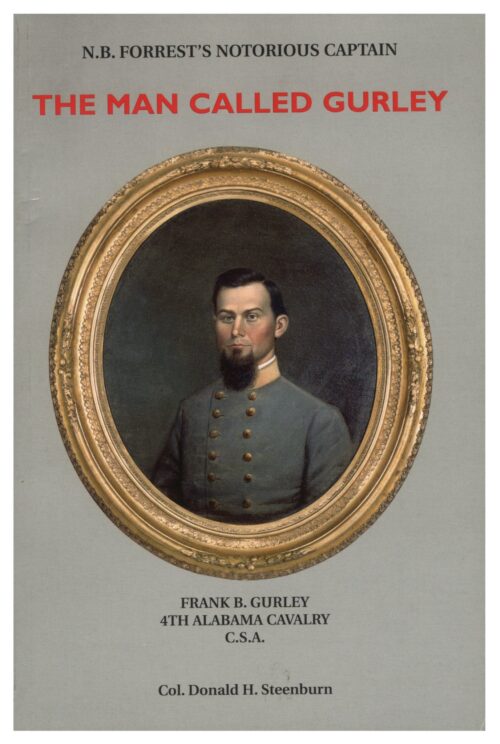 Hero? Traitor? It all depends on which side of the fence you were standing. Col. Don Steenburn, U.S.Army retired, has put together a fascinating study of one of the most controversial characters in Madison County and Northern Alabama history- determined and gutsy Frank Ballou Gurley of the 4th Alabama, Confederate States of America.
Hero? Traitor? It all depends on which side of the fence you were standing. Col. Don Steenburn, U.S.Army retired, has put together a fascinating study of one of the most controversial characters in Madison County and Northern Alabama history- determined and gutsy Frank Ballou Gurley of the 4th Alabama, Confederate States of America. -
 The Chancellorsville Campaign was the true high water mark for both the Confederate Army of Northern Virginia and the Union Army of the Potomac. The campaign would be the Confederates' greatest battle, though it came at the cost of losing General Stonewall Jackson. Although the Confederacy prevailed at Chancellorsville, Hooker used the defeat to institute a multitude of reforms, which paved the way for the hard-fought victory at Gettysburg.
The Chancellorsville Campaign was the true high water mark for both the Confederate Army of Northern Virginia and the Union Army of the Potomac. The campaign would be the Confederates' greatest battle, though it came at the cost of losing General Stonewall Jackson. Although the Confederacy prevailed at Chancellorsville, Hooker used the defeat to institute a multitude of reforms, which paved the way for the hard-fought victory at Gettysburg. -
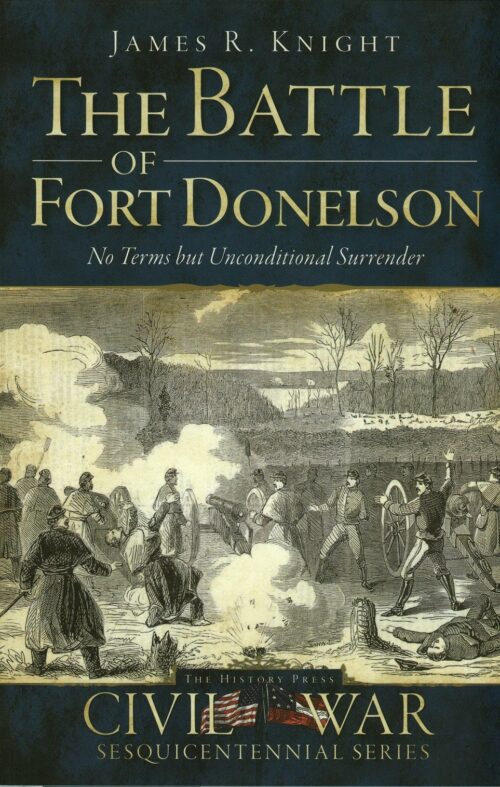 The Battle of Fort Donelson was the first major victory for Federal forces and the first decisive battle in the vital area from the Appalachians to the Mississippi. It gave the Federals control of both the Tennessee and Cumberland rivers; led directly to the fall of the first Confederate capital at Nashville and the Battle of Shiloh, and was the beginning of the fame and/or infamy of several Civil War generals, including U.S. Grant, N. B. Forrest, Gideon Pillow and John B. Floyd. It also resulted in the first surrender of an army by a Confederate general, and the largest capture of enemy troops in American history, up to that time.
The Battle of Fort Donelson was the first major victory for Federal forces and the first decisive battle in the vital area from the Appalachians to the Mississippi. It gave the Federals control of both the Tennessee and Cumberland rivers; led directly to the fall of the first Confederate capital at Nashville and the Battle of Shiloh, and was the beginning of the fame and/or infamy of several Civil War generals, including U.S. Grant, N. B. Forrest, Gideon Pillow and John B. Floyd. It also resulted in the first surrender of an army by a Confederate general, and the largest capture of enemy troops in American history, up to that time. -
 Polyester 3'X5'. General Leonidas Polk was the Episcopalian Bishop of Louisiana, a Confederate Lt. Gen. and Corps Commander in the Army of Tennessee. Killed during the Atlanta Campaign of 1864, the entire Army of Tennessee mourned his death. This distinctive design consisting of white and red Crosses of St. George on a royal blue flag was carried by the regiments in the Polk Corps.
Polyester 3'X5'. General Leonidas Polk was the Episcopalian Bishop of Louisiana, a Confederate Lt. Gen. and Corps Commander in the Army of Tennessee. Killed during the Atlanta Campaign of 1864, the entire Army of Tennessee mourned his death. This distinctive design consisting of white and red Crosses of St. George on a royal blue flag was carried by the regiments in the Polk Corps. -
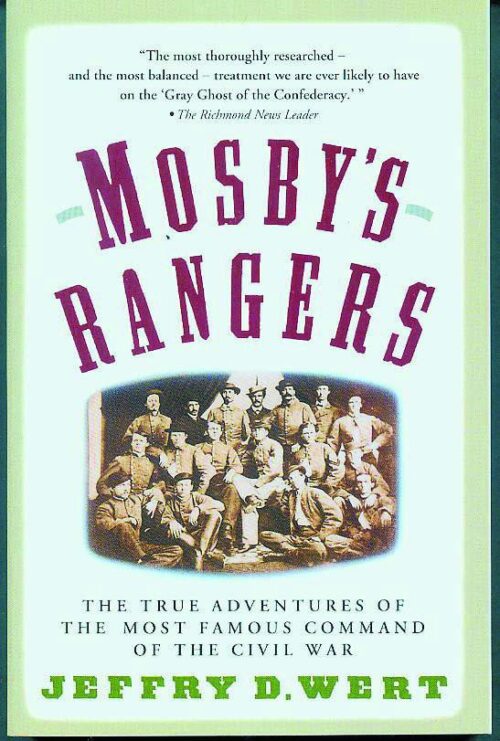 The author explores the personality of this iron-willed commander & brilliant tactician & gives us colorful profiles of the men who served under him. This is the most complete & compelling account to date of the fighting unit so hated by Grant that he ordered any captured Ranger to be summarily executed without trail.
The author explores the personality of this iron-willed commander & brilliant tactician & gives us colorful profiles of the men who served under him. This is the most complete & compelling account to date of the fighting unit so hated by Grant that he ordered any captured Ranger to be summarily executed without trail.


